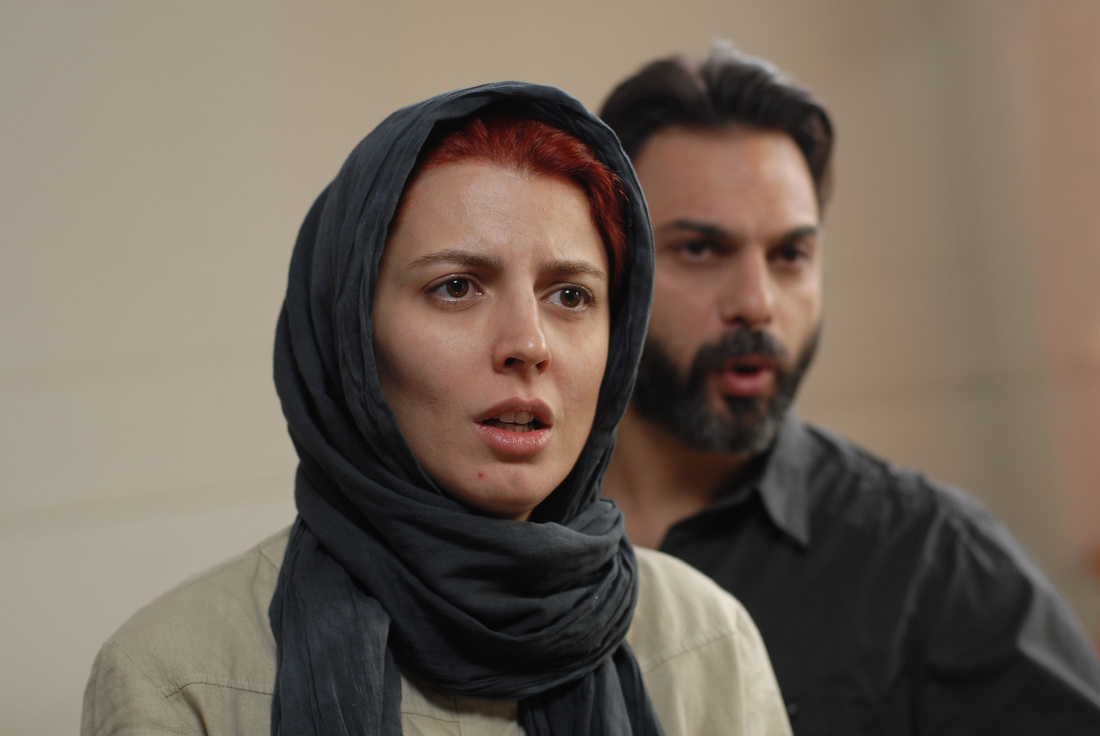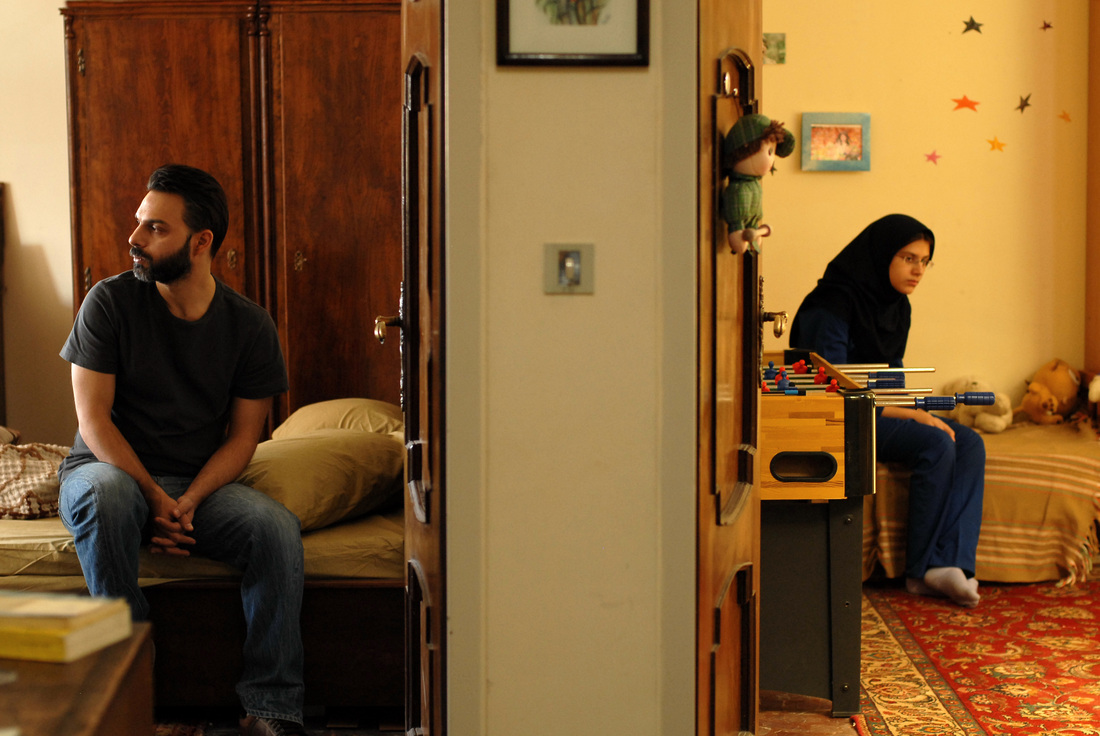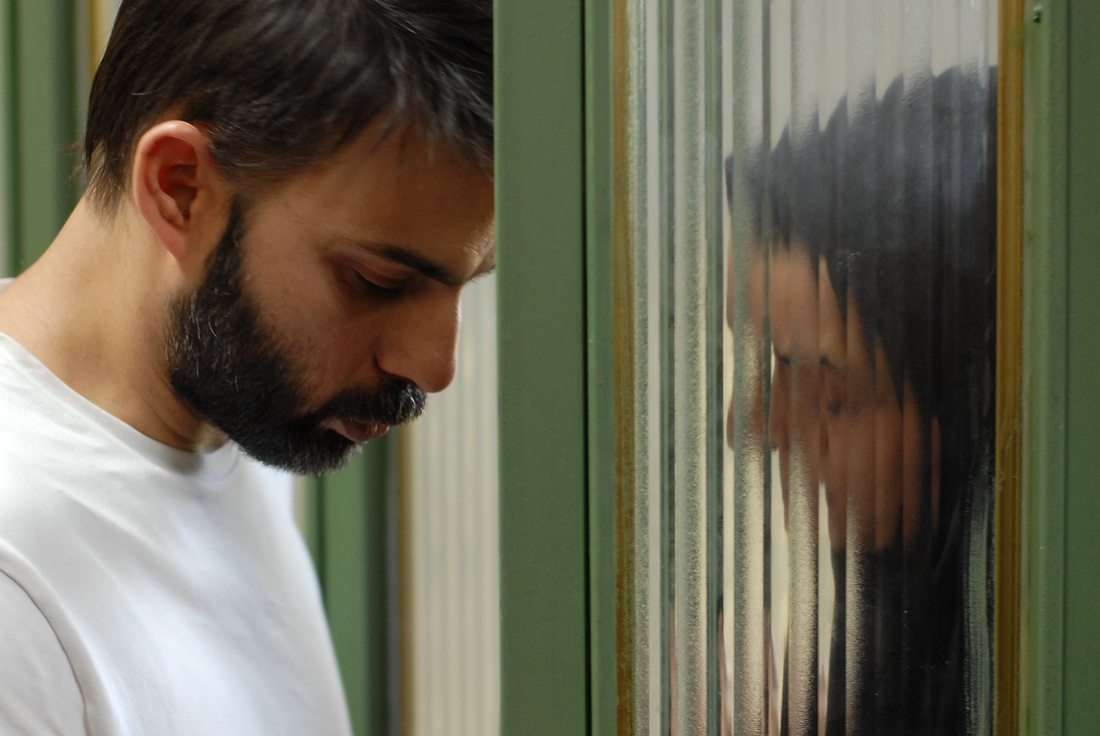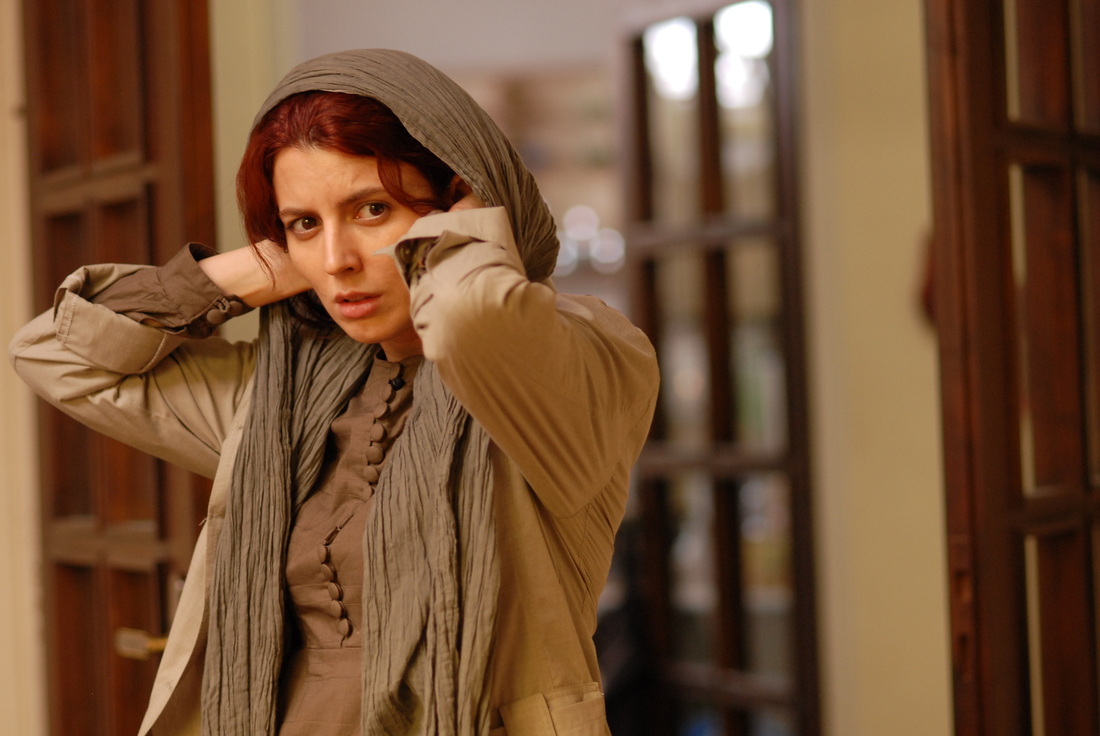|
★★★★★
29 June 2011
This article is a review of A SEPARATION. |
"He's a good, decent person" Simin
A family drama so intense it could be thriller. This has some kind of rare intensity. It travels on another plane of emotion that does not let up.
Beginning with a divorce from the point-of-view of the judge presiding, we have a microcosm of the film right here. A SEPARATION concerns confrontation, the inability of two or more parties to reach an understanding, and an analysis of perspective and empathy. Simin (Leila Hatami) wants her husband, Nader (Peyman Moaadi), to leave Iran with her as their visa is about to expire. Nader refuses to as he says he needs to take care of his sick father. Both intractable, a divorce is granted. No evidence is presented, but it seems that Nader is pigheaded, and will not fight for his wife. Simin moves out, and in with her mother. Her daughter chooses to stay with her father – we are not sure yet why. Part of the joy of the proceedings is that we are drip-fed character motivations and relationships; and it seems we have the full picture, and this happens regularly – like an excellent thriller we think we know more than we do.
A family drama so intense it could be thriller. This has some kind of rare intensity. It travels on another plane of emotion that does not let up.
Beginning with a divorce from the point-of-view of the judge presiding, we have a microcosm of the film right here. A SEPARATION concerns confrontation, the inability of two or more parties to reach an understanding, and an analysis of perspective and empathy. Simin (Leila Hatami) wants her husband, Nader (Peyman Moaadi), to leave Iran with her as their visa is about to expire. Nader refuses to as he says he needs to take care of his sick father. Both intractable, a divorce is granted. No evidence is presented, but it seems that Nader is pigheaded, and will not fight for his wife. Simin moves out, and in with her mother. Her daughter chooses to stay with her father – we are not sure yet why. Part of the joy of the proceedings is that we are drip-fed character motivations and relationships; and it seems we have the full picture, and this happens regularly – like an excellent thriller we think we know more than we do.
Added into the mix of a family on the verge of disintegration, Nader hires Razieh (Sareh Bayat) to care for his very sick father, a man whose mental faculties are deteriorating. Razieh has her only domestic troubles, and on one fateful occasion she is forced to leave her charge behind – but she ties him to the bed in a less than humane way, thinking that was the best option in a bad situation. Nader goes mad and forces Razieh to leave his home. Razieh later claims that this ejection caused her to slip on the stairs outside Nader’s front door, and to miscarry her unborn child. This sets in motion a criminal investigation of Nader, who in return starts one of his own for the suffering of his father tied to the bed. The film then shifts from a look at matrimonial break-down to an analysis of truth, temper and morality. And the pace never lets up. The acting is compelling, the dialogue so realistic that you are not pulled out of what you are witnessing, and the direction cleverly claustrophobic. It makes you ponder religion, culture, marriage, family, the way we conduct ourselves; and what could’ve been done differently. Bravo.






